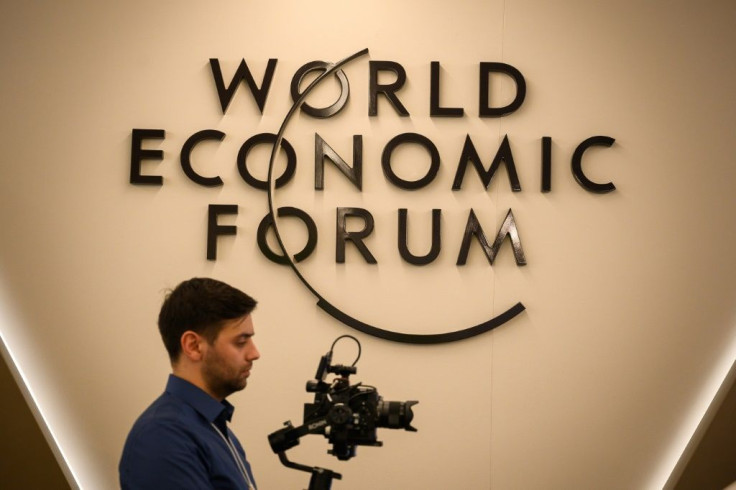WEF Virtual Summit To Unveil Swift Agenda To Tackle The Same Old Issues

So here we are again, facing yet another round of bad news on climate action, pandemic recovery, and economic and social resilience.
As the crises remain the same, save the additions of a few, the focus of this year's five-day World Economic Forum's Davos Agenda Virtual Summit, which started Jan. 17, will be how solutions are put into practice swiftly.
Climate action, pandemic recovery, and economic and social resilience have been on the core agenda of the WEF's Davos Summit for a few years. This year, too, they occupy the top slot.
The others global issues that will dominate the summit are: a race to net-zero emissions, ensuring economic opportunity, creating cyber resilience, bridging the vaccine production gap building economies in fragile markets through humanitarian investing, and using data solutions to face the next pandemic.
These again are the issues that got fancy of world leaders, heads of important institutions, and organizations who take part in the annual jamboree in the Swiss mountain resort of Davos -- the highest town in Europe (1,560 meters).
The Geneva-based, World Economic Forum (WEF), which describes itself as an international organization for public-private cooperation, sets the agenda for the Davos Summit with the launch of the Global Risks Report every January.
Now in its 17th edition, In the Global Risks Report 2022, the pandemic has grabbed the top slot after governments worldwide became convinced of the consequences of (mis)managing public perceptions of health risks. In 2021, cyber risks were the chief concern under the Global Risks Report, which draws on the views of more than 1,000 policymakers and industry leaders.
Along with the pandemic-related health risks, economic woes, sustainability setbacks, societal anxieties, and technology scares will jostle for attention at this year's meet.
The risks associated with the commercialization of space, which has resulted in an impending risk of collisions between satellites and space junk are still lurking high as little progress is achieved on this front.
The global supply chain crisis, which has made essential items dearer and vital business goods like semiconductors scarce will be a new area of discussion along with the increasing risks associated with the cryptocurrency market this year at the Davos virtual meet.
Currently, the participants are convinced of the fact that a lack of mobilization on risk areas in the past years has seen the cost of inaction far outweigh the cost of action.
In the poorest 52 economies, home to a fifth of humanity, the vaccination rate is far below the target and is pegged at 6 percent, while some other economies have been able to sprint towards recovery.
In Ethiopia and Nigeria, less than 3 percent of the population are fully vaccinated, while in the U.S. 62 percent have received at least two doses. The UAE and Portugal stand tall with nearly 90 percent.
The tardy progress in implementing the solutions will see developing economies (except China) will posting "5.5 percent below their pre-pandemic expected gross domestic product growth by 2024," and will hit the world's ability to tackle "common challenges like climate change, and climate equality," the Global Risks Report 2022 observed.
With the exception of a few crises, the global risks remain the same this year too. So, the attention will be on implementing the solutions swiftly.
Summing up the general mood on the Davos Agenda 2022, Borge Brende, president of the WEF, urged swift and decisive mobilization on the state of the world.
"we're moving in the right direction... we're not moving fast enough," Brende said at the time of releasing the report this month.
The virtual ideas arena in Davos is already in motion where global elites and top leaders will arrive at conclusions and will take decisions that affect us all in a few days.





